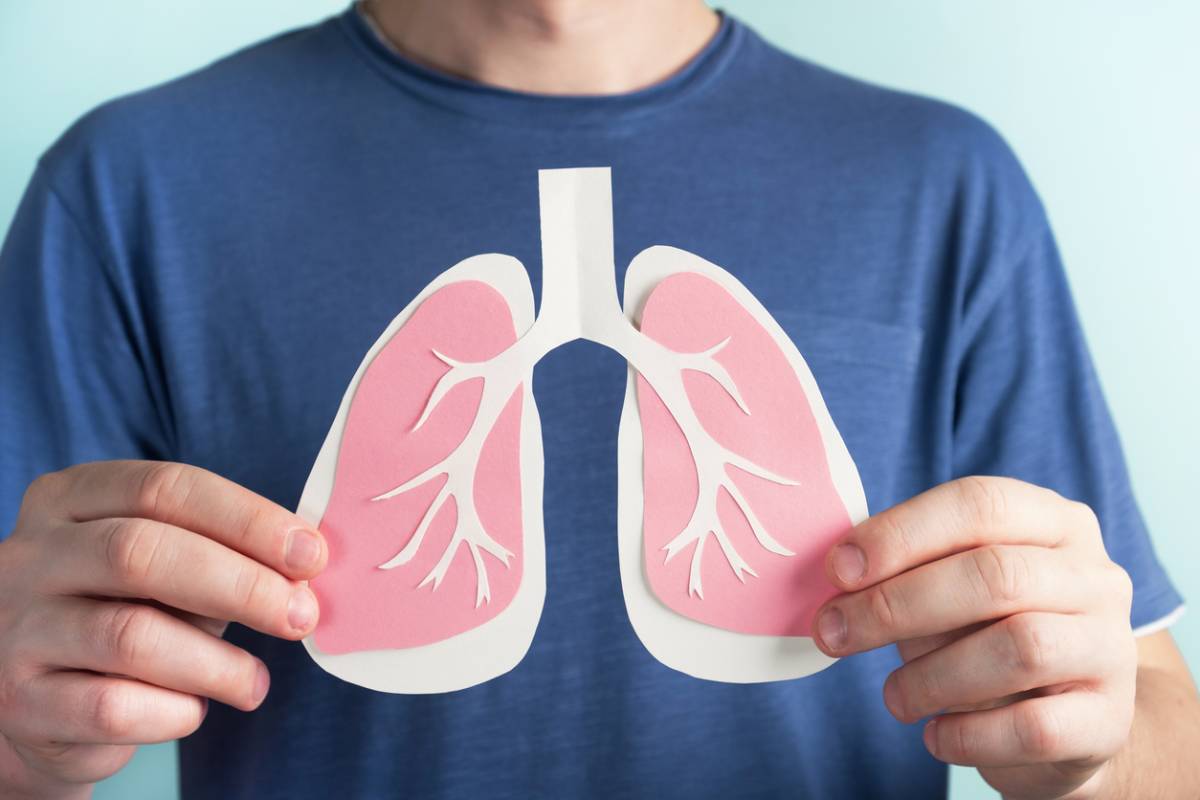We don’t regularly think about the effect our food has on our lungs, but we probably should. Our diet is a crucial component of our overall health, and it has the ability to impact every major organ system, including our lungs and respiratory system. Let’s look at how diet affects your lungs and their health.
How Diet Affects Your Lungs
When it comes to your lungs, a well-balanced diet can boost their overall health to help minimize the adverse effects of other conditions. One prime example is the way diet can affect the severity of asthma-related symptoms.
Helpful Food Categories
Moderation is key to a healthy diet. Exclusionary approaches that strongly favor a small number of foods can actually be more harmful than helpful. With that said, there are some food categories that you may want to feature in your diet a little more often if you have certain respiratory conditions.
Foods with Vitamin E
Vitamin E is found in a number of fruits, vegetables, and legumes. Popular sources of Vitamin E include:
- Nuts
- Seeds
- Dark greens
- Bell peppers
- Asparagus
- Avocado
- Mango
Vitamin E has antioxidant properties and is great for your brain, blood, and skin. Additionally, Vitamin E contains a chemical called tocopherol.
Scientists believe that this compound may reduce the risk that you will experience some asthma symptoms by reducing the irritation that causes coughing and wheezing.
Foods with Vitamin D
Vitamin D is a little harder to come by, especially if you work indoors, because our bodies normally create Vitamin D when our skin is exposed to sunlight.
- To help offset the problem of Vitamin D deficiency, many staples have been fortified to include Vitamin D. Common examples of fortified foodstuffs include milk, orange juice, and many cereals.
- To increase your natural levels of Vitamin D, scientists suggest spending a few minutes (3-5 minutes, not during peak of day) outside before layering on the sunscreen. You can also increase your Vitamin D intake by including fatty fish in your diet at least once per week.
When it comes to your lungs, Vitamin D helps to support your immune system, which will reduce the risk of inflammation in your lungs and airways.
Less Helpful Food Categories
While certain foods may increase the likelihood that you will experience asthma symptoms that does not necessarily indicate that they should be entirely removed from your diet.
Many can be safely consumed in moderation, but discuss your plans with your asthma doctor in New York City to learn more about what is best for your respiratory health.
These are some of the foods that you might include less in your diet if you are undergoing asthma treatment in NYC.
Sulfites
Sulfites are commonly found in foods that have been dried or pickled. Examples often include dry fruit, pickles, shrimp, and alcohol.
In some individual cases these foods may actually trigger an asthmatic response. Red wine is a particularly common trigger.
Gassy Foods
Anything that makes you bloated or gassy has the ability to actively reduce the space allotted to your lungs. Example foods may include beans, carbonated drinks, and fried foods.
The reduced space can make breathing slightly more difficult, eliciting tightness in your chest. The tightness caused by this change could trigger some asthma symptoms.
Salicylates
It isn’t very common, but some people with asthma are also sensitive to salicylates. This compound is naturally found in many of our daily foodstuffs. Tea, coffee, and spices often have natural salicylates in them.
Of course, this is a perfect example of why we shouldn’t cut out all foods that are less ideal for someone with asthma. You, personally, may have little to no reaction to salicylates.
Making Your Diet Asthma-Friendly
If you’re having difficulty controlling your asthma, then you may want to discuss dietary shifts with your doctor. Small changes in diet may not make a difference for everyone, but it’s something to keep in mind.

